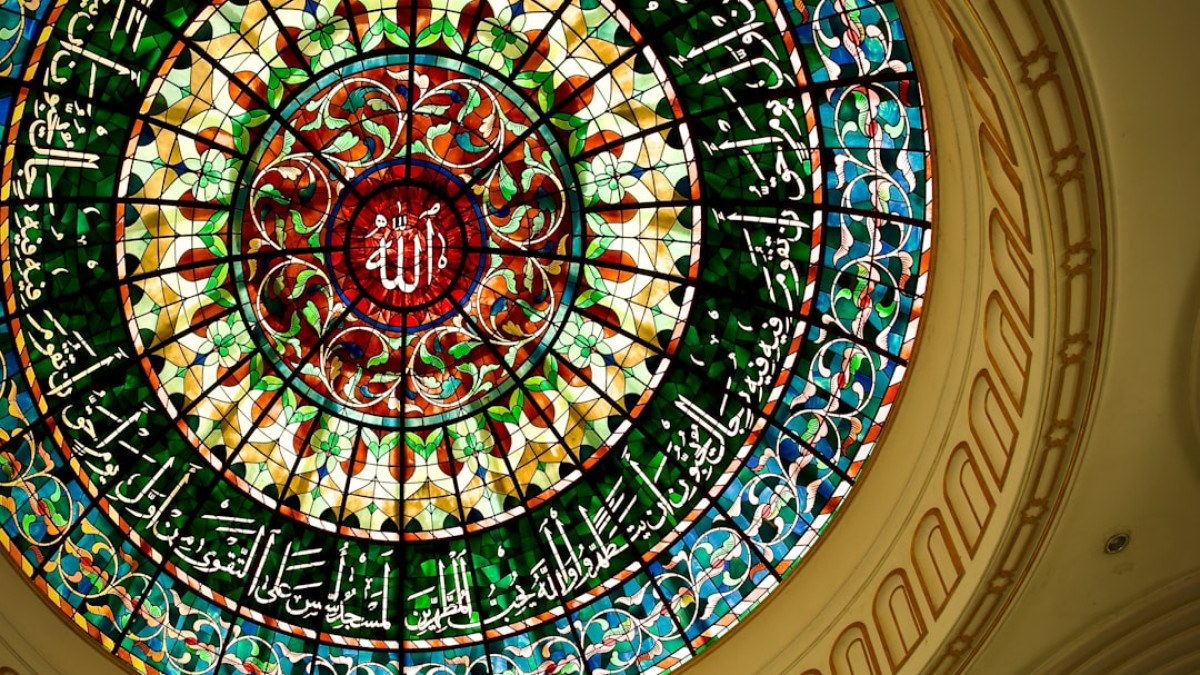Introduction
In today’s rapidly advancing medical landscape, bioethics has become a critical field that guides healthcare decisions while respecting moral, religious, and cultural values. For Muslims, Islamic bioethics serves as a compass, ensuring that medical practices align with Quranic teachings, Hadith (sayings of the Prophet Muhammad, peace be upon him), and scholarly interpretations. This article explores key Islamic perspectives on bioethics in modern healthcare, providing real-world examples, practical tips, and actionable insights for healthcare professionals, patients, and policymakers.Understanding Islamic Bioethics
The Foundation of Islamic Bioethics Islamic bioethics is rooted in the principle of maslaha (public good) and maqasid al-sharia (higher objectives of Islamic law), which prioritize the preservation of life (hifz al-nafs), dignity (‘ird), intellect (‘aql), lineage (nasl), and wealth Property (mal). These principles ensure that medical interventions are ethical and just. Example: The prohibition of euthanasia or suicide in Islam stems from the sanctity of life, as the Quran states: “Do not kill yourself, for Allah is Most Gracious to you.” (Surah An-Nisa, 4:30).
The Role of Scholarship and Jurisprudence (Fiqh) Islamic jurists (fuqaha’) have extensively debated medical ethics, providing guidance on topics like organ transplantation, end-of-life care, and genetic engineering. Contemporary scholars rely on classical texts while adapting to modern scenarios, ensuring medical practices remain halal (permissible) and adhere to the Sharia. Practical Tip: When faced with a medical dilemma, consult knowledgeable Islamic scholars or bioethicists familiar with both medicine and Islamic law.
Key Topics in Islamic Bioethics
1. End-of-Life Care and Palliative Medicine Islam emphasizes compassionate care for the terminally ill, prohibiting deliberate hastening of death but permitting pain management within ethical boundaries. Case Study: In Muslim-majority countries like Malaysia and Saudi Arabia, advanced directives (living wills) are legally recognized, allowing patients to outline their wishes for end-of-life treatment in alignment with Islamic values. Statistics: A 2025 study in The Lancet found that 72% of Muslim patients prefer palliative care over aggressive treatment if cure is impossible, but only 36% have discussed their preferences with doctors. This highlights the need for better patient-doctor communication.Actionable Tip: Healthcare providers should engage in open discussions with Muslim patients about their end-of-life preferences while ensuring compliance with Islamic principles.
2. Organ Transplantation and Donation Islam broadly permits organ donation and transplantation, provided donor consent is obtained, no financial gain is involved (to avoid riba), and the procedure does not harm the donor. Real-World Example: Iran has the world’s most successful organ donation system, primarily due to institutionalized religious support, with active oversight to prevent exploitation. FAQ:Can Muslims donate organs after death?Answer: Yes, if the donor had expressed consent or if family approval is obtained. However, the body must be respected, and burial should not be delayed due to donation procedures.
3. Reproductive Technologies: IVF, Surrogacy, and Genetic Testing Islam permits in-vitro fertilization (IVF) under strict conditions—such as using gametes from a lawful couple and avoiding third-party sperm/egg donations (unless absolutely necessary). Controversial Debate: Gestational surrogacy is permitted in some Islamic countries like Tunisia and Iran, but traditional surrogacy (where the surrogate is also the genetic mother) is forbidden due to lineage concerns. Expert Insight: Dr. Yasser Daoud, a bioethicist at King Faisal University, advises: “Couples considering IVF should consult an Islamic bioethics committee to ensure compliance with Sharia.”
4. Emergency & Consent: Saving Non-Muslim LivesScenario: A severely injured non-Muslim is brought to a Muslim hospital. Do Islamic principles require treatment even if consent is unavailable?Answer: Yes. Prophetic tradition affirms that “Whoever saves a life saves all of humanity” (Surah Al-Ma’idah, 5:32). Medical intervention is mandatory when death is imminent.
5. Medical Research and Cloning Research involving human embryonic stem cells is widely discouraged, as it may lead to destruction of life. However, adult stem cell research is permitted. Ethical Boundary: Human cloning is prohibited, as it disrupts lineage and is deemed unnatural according to classical Islamic scholarship.
Practical Implementation: A Guide for Healthcare Providers
Tip 1: Build Cultural Competency
Train staff on Islamic bioethical principles to avoid conflicts (e.g., halal food restrictions during treatment, gender-sensitivity in patient interactions).Tip 2: Offer Halal Hospital Services
Hospitals in Muslim-majority regions often provide prayer spaces, halal meals, and gender-segregated treatment areas.Tip 3: Legal & Religious Ethical Boards
Establish interdisciplinary committees including Islamic scholars, doctors, and lawyers to oversee complex cases.Tip 4: Patient Education
Use brochures or videos to explain Islamic rulings on medical procedures (e.g., blood transfusions, artificial nutrition).Frequently Asked Questions (FAQs)
Q1: Is blood transfusion halal if the blood comes from a non-Muslim donor?A: Yes, preserving life takes precedence. The Prophet (ﷺ) approved taking medicine from non-Muslims when necessary.
Q2: Can a Muslim refuse a vaccination (e.g., COVID-19) based on religious beliefs?A: Vaccination aligns with Islamic principles of safeguarding public health. Refusal without a valid medical reason is discouraged.
Q3: Is cosmetic surgery permitted in Islam?A: Yes, if it corrects deformity or enhances natural beauty without excessive alteration (tahjil).
Conclusion Islamic bioethics offers a balanced approach to modern healthcare, harmonizing medical advancements with moral responsibilities. By understanding these principles—whether in end-of-life care, organ donation, or reproductive technologies—healthcare providers can better serve Muslim patients while respecting their faith. Key Takeaways:
Life preservation is a core Islamic value.Scholarly guidance should be sought for complex medical dilemmas.
Cultural sensitivity improves patient trust and compliance.Halal healthcare practices (e.g., segregated spaces, religious accommodations) enhance patient well-being. For Muslim patients, healthcare providers, and policymakers, integrating Islamic bioethics ensures compassionate, ethically sound medical decision-making in the 21st century.

